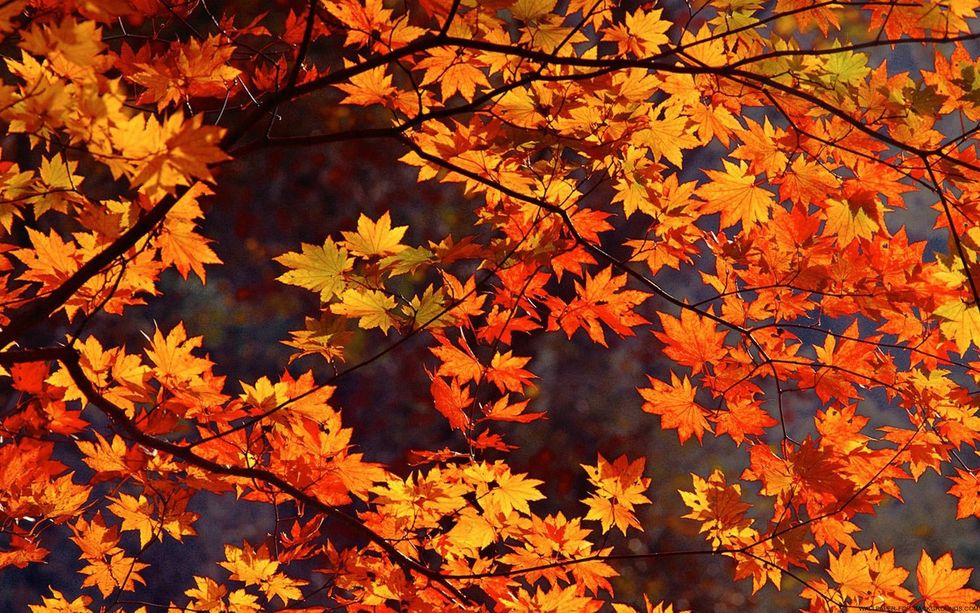When we were growing up, Thanksgiving was a day celebrated unapologetically. There were decorations and food and the famous story of Christopher Columbus "sailing the ocean blue." There was never any question about whether what we were being taught was true.
As a kid, I celebrated without a second thought. What little I did learn in school was just regurgitated information, things I had been told over and over that eventually lost its meaning. In recent years, though, I've become more and more privy to the injustice not only behind the holiday, but also of those that indigenous people face every day. Becoming aware of all this makes Thanksgiving nothing to me, but a day to eat and remind my family that there is actually nothing to celebrate. To remind them that we should be learning and making an effort to fight for other marginalized communities who are so often ignored. What upsets me more than anything is the fact that these issues aren't apart of a regular conversation.
As I entered into the later years of my life, I have attempted to gather information outside of a school setting. Social media has fortunately been a tool in giving a voice to those who are marginalized and providing people with the opportunity to truly learn and understand. Twitter specifically has had a helping hand in educating the masses about a variety of topics concerning race, social injustice, and police brutality among other things.
As I've navigated my way through a number of pages and profiles, I've learned more about indigenous people, cultures, practices, and news than I have in the entirety of my school career. I find comfort in the fact that social media has presented me with this opportunity.
I will say, though, that there is still work to be done. This can't stop at a simple social media presence. Action needs to be taken to truly make a change in the way indigenous peoples are treated in this country. This could start with recognizing the harmful ways in which a culture that ignores Natives is perpetuated in our society. Ask yourself: What exactly am I celebrating? Why am I celebrating it? What I can I do to change this? I urge you all to explore the information you receive beyond the scope of what is learned in the second grade. Recognize that their lands are sacred and should be treated as such (see: Keystone Pipeline), understand that dress is not to be mocked, copied, or used as a Halloween costume (see: cultural appropriation), ask more questions (see: the real story about Christopher Columbus), and work to fight systems that work against them (see: Jason Pero).
Appreciating someone's truth is important in making a change. The key is to listen, learn, and act accordingly.



 Photo by
Photo by  Photo by
Photo by  Photo by
Photo by 



















